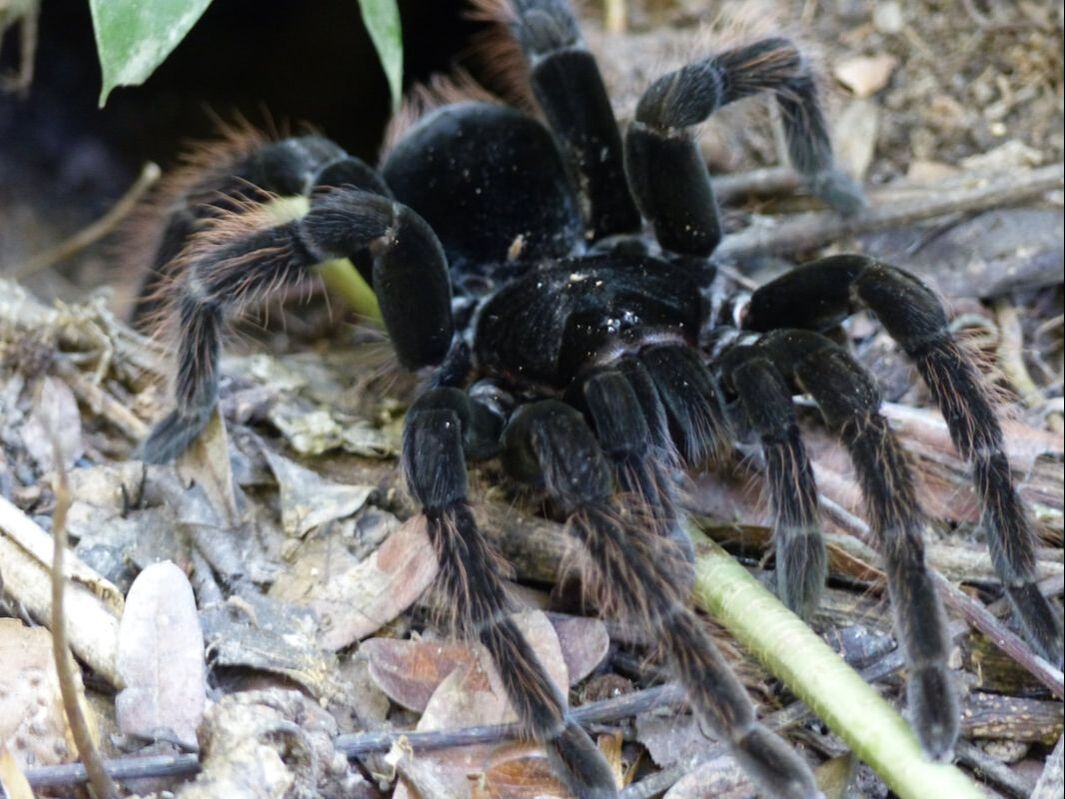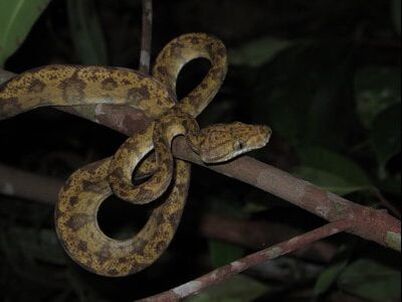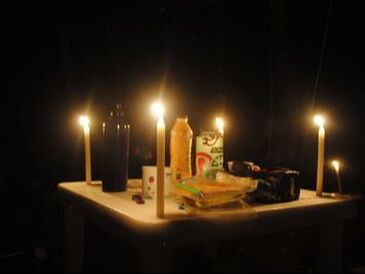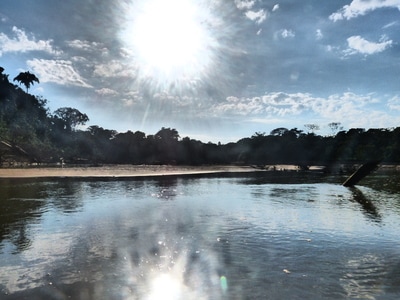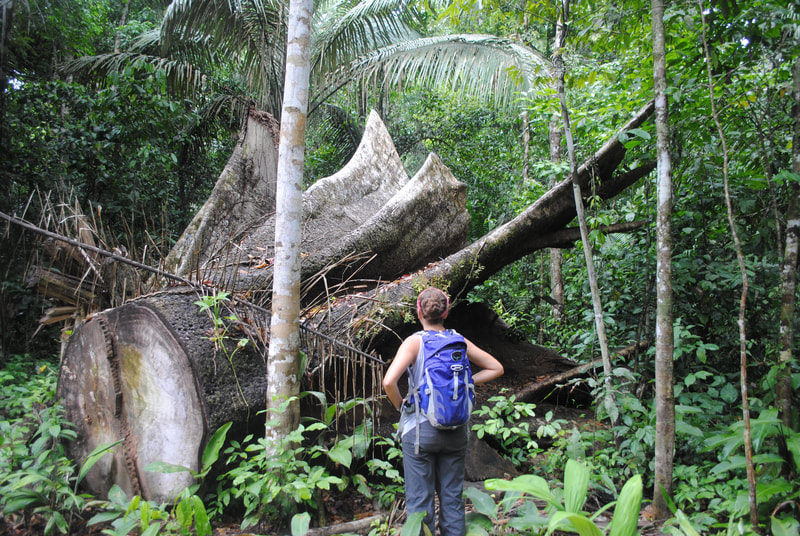Please follow our house rules and safety policy, they are there to provide you with a pleasant and safe environment during your stay at our biological station.
Safety
- Use the check out/check in system when going out to work on the trails. If you will be working far from camp, tell someone where you will be, in case we have to look for you.
- Don’t use any equipment you are not trained to use properly. This includes tree-climbing gear, generators, outboard motors, chain-saws, etc.
- No climbing of trees unless this is required for your research (for which you must have the appropriate equipment).
- Life jackets must be worn at all times when traveling by boat on the river.
- Don’t ignore cuts, bites, stings, scrapes, splinters, punctures etc. Any break in the skin must be attended to with proper medications.
- Don’t eat anything you do not know for certain can be eaten safely by humans. Just because monkeys eat it, that is no guarantee that we can. There are fruits in the monkey diet that CANNOT be eaten by humans.
- No swimming further than 5m from the river bank.
- No swimming alone (bathing near the river bank alone when others are nearby is permitted).
- STRICTLY no bathing at night (caiman are more active and may be more aggressive at night).
Wildlife
- Animals and plants should be disturbed as little as possible. Maintain an appropriate distance from wildlife and seek to learn how best to approach target species from researchers who have worked with them previously.
- No feeding of animals. Please make sure personal snacks are stored appropriately.
- Do not handle any animals with which you are unfamiliar or for which you are untrained. This includes all invertebrates (spiders, caterpillars, scorpions, etc).
- All equipment must be removed from the forest and station at the end of a research project. The station’s staff is instructed to remove all unauthorized foreign material from the forest if an investigator neglects to do so.
- Any marks, flagging, tags, etc., must be approved by us. You must remove them after study completion unless we management gives specific approval (typically because leaving the marks will facilitate long-term research and continuity).
- No removal of organic material (e.g. seeds, animals) unless explicitly permitted for your research.
- If you can, please use environmentally friendly soap and shampoo for bathing.
- Do not cut trails unless with the express approval
- At all times be judicious of your use of resources, including power, water, and station supplies.
- Be considerate to others, and keep noise down.
- Excessive alcohol use is strongly discouraged, and inappropriate behavior resulting from alcohol abuse will result in loss of this privilege.
- We don’t provide personal caretakers. Please tidy up after yourself (wash own dishes after every meal, clear tents, rooms sites and lab spaces regularly, etc.) and pitch in to help with camp chores in a spirit of camaraderie. Once a week, everyone is expected to dedicate time to thorough cleaning/sweeping/dusting, etc.
- Our policy is to create and maintain a drug-free environment. Improper use of controlled substances is inconsistent with the professional and responsible behavior we expect from researchers and staff. Use of illegal drugs will not be tolerated.
- Always ask permission of the management before appropriating station tools for your own use.
- Volunteers and investigators resident are obliged to contribute a small amount of their time to station upkeep. By doing so, you are helping to keep the cost of running the station to a minimum. Here are a few examples of situations that may require your effort / cooperation:
- Unloading supplies from the boat and carrying them to the station
- Moving fuel cylinders from the boats to the storage shed at the top of the river bank, etc.
Health
Everyone should make sure they are up-to-date on all recommended vaccinations. You can check out the most recent information provided for the region by looking at the web site of the Centers for Disease Control, (https://wwwnc.cdc.gov/travel/destinations/traveler/none/peru). Standard immunizations include: yellow fever, typhoid, influenza, tetanus, and hepatitis A and B. Chloroquine or other malaria prophylaxis is optional, though a US or European physician is likely to insist that you take prophylaxis as a precaution. We have not yet had a malaria case at the Station.
It is important to tell your doctor that you will be in a very remote region. Bring supplies of any medications you use regularly or occasionally. The station maintains a basic medical kit, including antibiotics, first-aid supplies, but the station does not accept responsibility for having on hand any possible drug or therapeutic device that might be needed in an emergency.
Prospective visitors should be keenly aware of the station’s remoteness. In the event of emergency, a boat can be chartered to go at the city (4 hours). Personal health and life insurance are therefore highly recommended.
Contracting Dengue fever is a possibility. The disease is transmitted by a mosquito. Wearing long sleeves and pants, and using repellent at dawn, dusk and night, will significantly reduce your chances of infection.
One of the biggest potential dangers is the possibility of a tree or branch falling on you. This is particularly true during storms. If you are caught in the forest in a storm with high winds, and you’re more than a few minutes fast walk to the Station, find a large, healthy looking tree and stand close to its trunk until the storm abates. DO NOT move around in the forest during strong winds.

